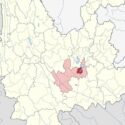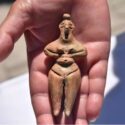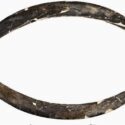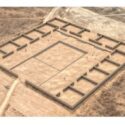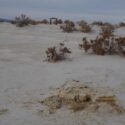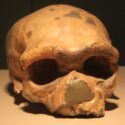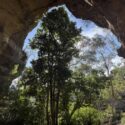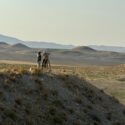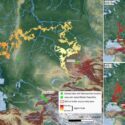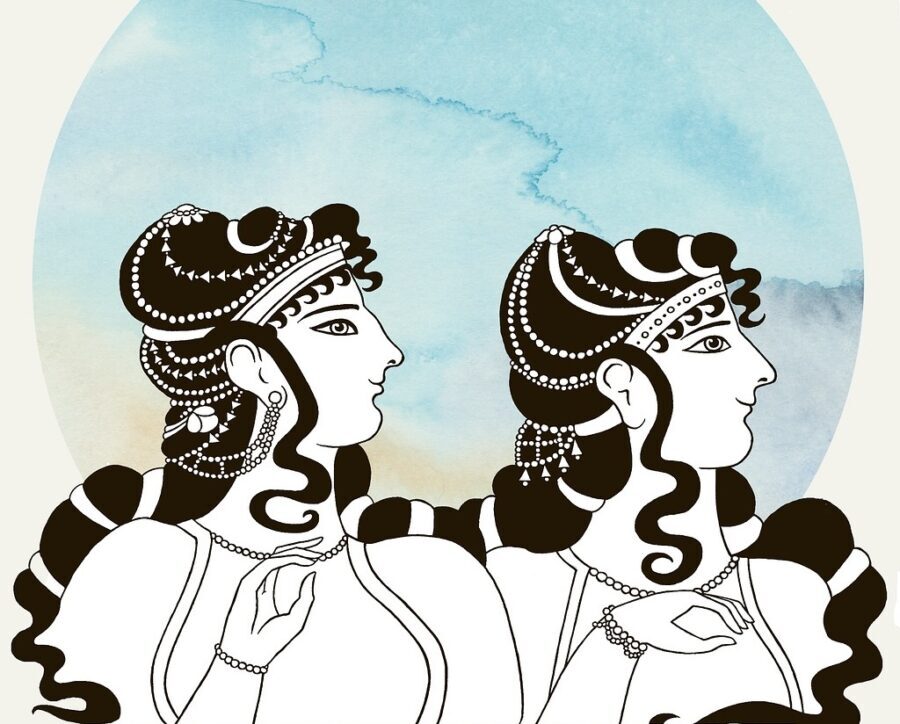Researchers apply a combination of genetics and archaeology to show how the Neolithic way of life spread from the Fertile Crescent across Anatolia and into the Aegean.
Long-standing questions about migration of early modern humans in East Asia may finally be answered thanks to a rare and exciting voyage in a dugout canoe.
In the early 20th century, architects and artists like Hugh Ferriss drew on the myths and monuments of ancient Babylon to imagine futuristic skylines—melding ziggurats with modernism in...
With recent advances in genetic technology, de-extinction may be a possibility—but should we be doing it?
New evidence aligns Australia with global data showing glacial landscapes were not necessarily natural barriers to early human movement and occupation.
From ancient rituals to modern beats, the drum has echoed through every era as a vessel of rhythm, culture, and connection.
Computer simulations of pathways point to how ancient migrations shaped human history.

